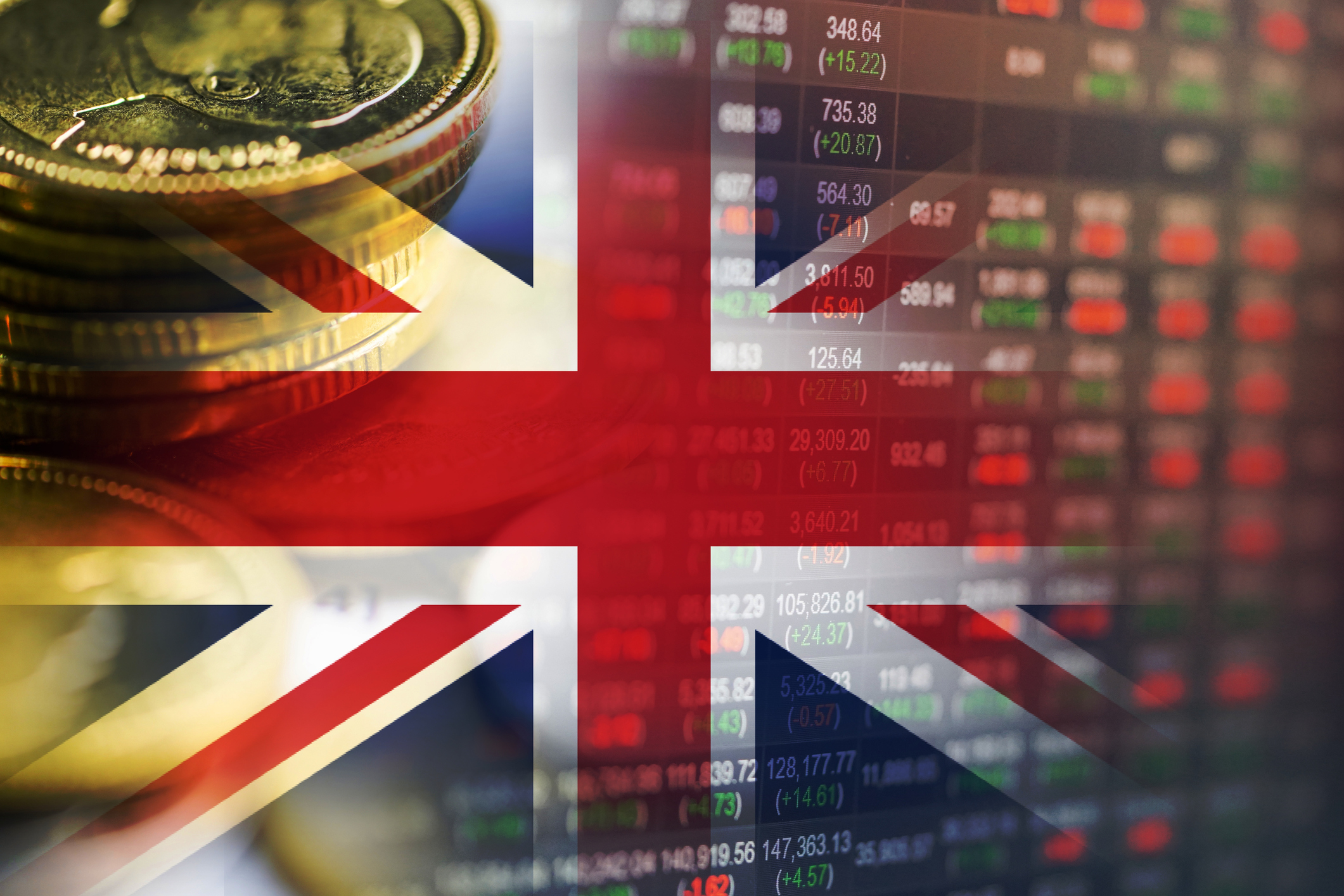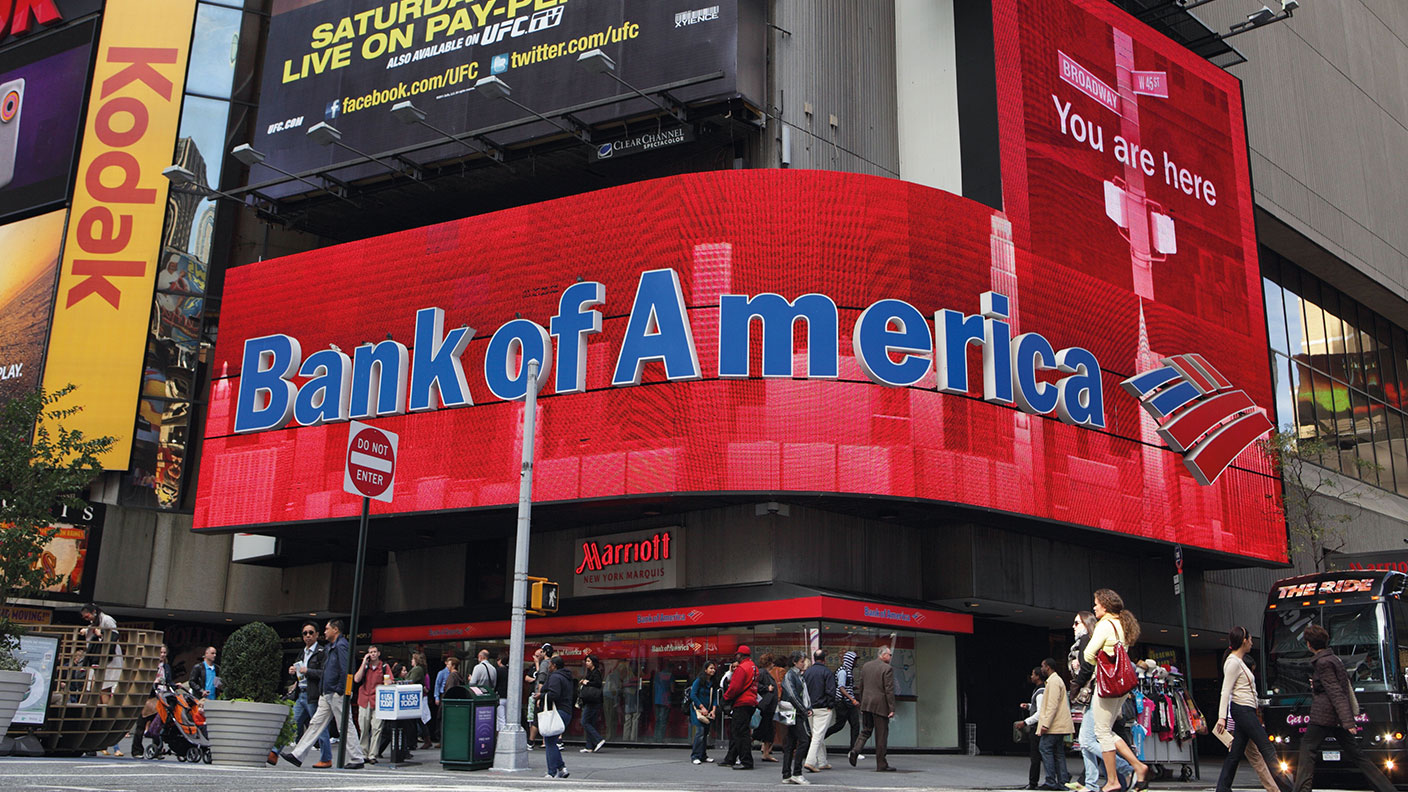Get the latest financial news, insights and expert analysis from our award-winning MoneyWeek team, to help you understand what really matters when it comes to your finances.
You are now subscribed
Your newsletter sign-up was successful
Want to add more newsletters?

Twice daily
MoneyWeek
Get the latest financial news, insights and expert analysis from our award-winning MoneyWeek team, to help you understand what really matters when it comes to your finances.

Four times a week
Look After My Bills
Sign up to our free money-saving newsletter, filled with the latest news and expert advice to help you find the best tips and deals for managing your bills. Start saving today!
The FTSE 100, often referred to as the "Footsie", is a stockmarket index that measures the performance of the shares of the 100 largest companies by market value listed on the London Stock Exchange. The FTSE 100 is often called the "blue chip" index as the companies are meant to represent the biggest and best of their kind the former adjective is true, the latter not necessarily so.
By the standards of other developed world stockmarkets, the FTSE 100 is unusually skewed towards the resources sector: oil and gas groups and miners collectively make up just over a fifth of the index. This helps to explain why it has trailed the performance of many of its major counterparts in recent years.
Note, too, that many of the UK's biggest companies are internationally focused (which is more typical for a big stockmarket index). Around 70% of the FTSE 100 companies' revenue is derived from abroad. That makes movements in the FTSE 100 a fairly weak indicator of how UK businesses and the economy are faring and also leaves it quite heavily exposed to currency fluctuations, particularly changes in the value of the US dollar.
MoneyWeek
Subscribe to MoneyWeek today and get your first six magazine issues absolutely FREE

Sign up to Money Morning
Don't miss the latest investment and personal finances news, market analysis, plus money-saving tips with our free twice-daily newsletter
Don't miss the latest investment and personal finances news, market analysis, plus money-saving tips with our free twice-daily newsletter
A better measure of the health of UK-focused businesses is the FTSE 250, an index which lists the next-biggest 250 companies by market value, and which contains a smaller proportion of international companies.
The FTSE 100 was first created in 1983, when it had an index value of 1,000. It replaced the FT index. The index is calculated by FTSE Group, an independent company originally created by the London Stock Exchange and Pearson, then-owner of the Financial Times. The company calculates thousands of other indices a day, including the FTSE All Share, which is made up of the prices of every listed London share.
Get the latest financial news, insights and expert analysis from our award-winning MoneyWeek team, to help you understand what really matters when it comes to your finances.
MoneyWeek is written by a team of experienced and award-winning journalists, plus expert columnists. As well as daily digital news and features, MoneyWeek also publishes a weekly magazine, covering investing and personal finance. From share tips, pensions, gold to practical investment tips - we provide a round-up to help you make money and keep it.
-
 How a dovish Federal Reserve could affect you
How a dovish Federal Reserve could affect youTrump’s pick for the US Federal Reserve is not so much of a yes-man as his rival, but interest rates will still come down quickly, says Cris Sholto Heaton
-
 New Federal Reserve chair Kevin Warsh has his work cut out
New Federal Reserve chair Kevin Warsh has his work cut outOpinion Kevin Warsh must make it clear that he, not Trump, is in charge at the Fed. If he doesn't, the US dollar and Treasury bills sell-off will start all over again
-
 Best FTSE 250 dividend stocks for high yields
Best FTSE 250 dividend stocks for high yieldsSmall and mid-cap UK stocks are a boon for dividend investors. The FTSE 250 and other small-cap indices could be poised for growth next year.
-
 Is it OK to buy Scottish Mortgage investment trust again?
Is it OK to buy Scottish Mortgage investment trust again?Tips Scottish Mortgage investment was hit hard by the tech-stock crash, and it is still being buffeted by headwinds. Should new investors wait for those to ease before buying in?
-
Index provider
Glossary Stockmarket indices such as the FTSE 100 play a huge role in investment. But where do they come from and who maintains them?
-
 Bank on financial stocks with this investment trust
Bank on financial stocks with this investment trustTips Banks, though not British banks, look set for a strong rebound, making this investment trust worth researching.
-
AIM
Glossary The Alternative Investment Market (Aim) was first established in 1995 by the London Stock Exchange as a way for newer firms to gain access to public funds...
-
 What are exchange traded funds (ETFs)?
What are exchange traded funds (ETFs)?Glossary Exchange-traded funds (ETF) are increasingly popular with investors, but what are ETFs and how do they work?
-
Global depository receipt (GDR)
Glossary Global depositary receipts (or GDRs) offer a solution for investors wanting to buy shares listed in countries where there are government restrictions on who can own and trade them.
-
Market makers
Glossary Market makers are typically banks and brokers who commit to trade shares and bonds, often in larger quantities than most other investors.

